
Demonstrator Sites
NBS EduSystems are demonstrators of nature-based solutions. In NBS EduWORLD, three phases will analyse existing educational activities, develop and test new ones:
- Phase 1 will focus on NBS demonstrators and their stakeholder ecosystems who have already developed an educational component. They will feed material as well as feedback on their experiences to determine the needs for future educational material, highlight replication potential, and promote learning into the NBS EduHub. These core NBS EduSystems partners are located in different areas: urban Paris (FR), rural Offaly (IRL) and coastal Almada (PT).
- Phase 2 will focus on supporting NBS EduSystems seeking to develop educational activities around NBS, with limited or no previous experience. They will draw on experiences and learnings of the tier-1 NBS EduSystems and test, refine, and expand the knowledge repository.
- Phase 3: other NBS exemplars and their stakeholders will be invited as peripheral NBS EduSystems to be supported in implementing developed and refined learning scenarios and materials. They will test, refine, and expand the knowledge repository through tailored design and implementation of NBS education activities.
Core NBS EduSystems
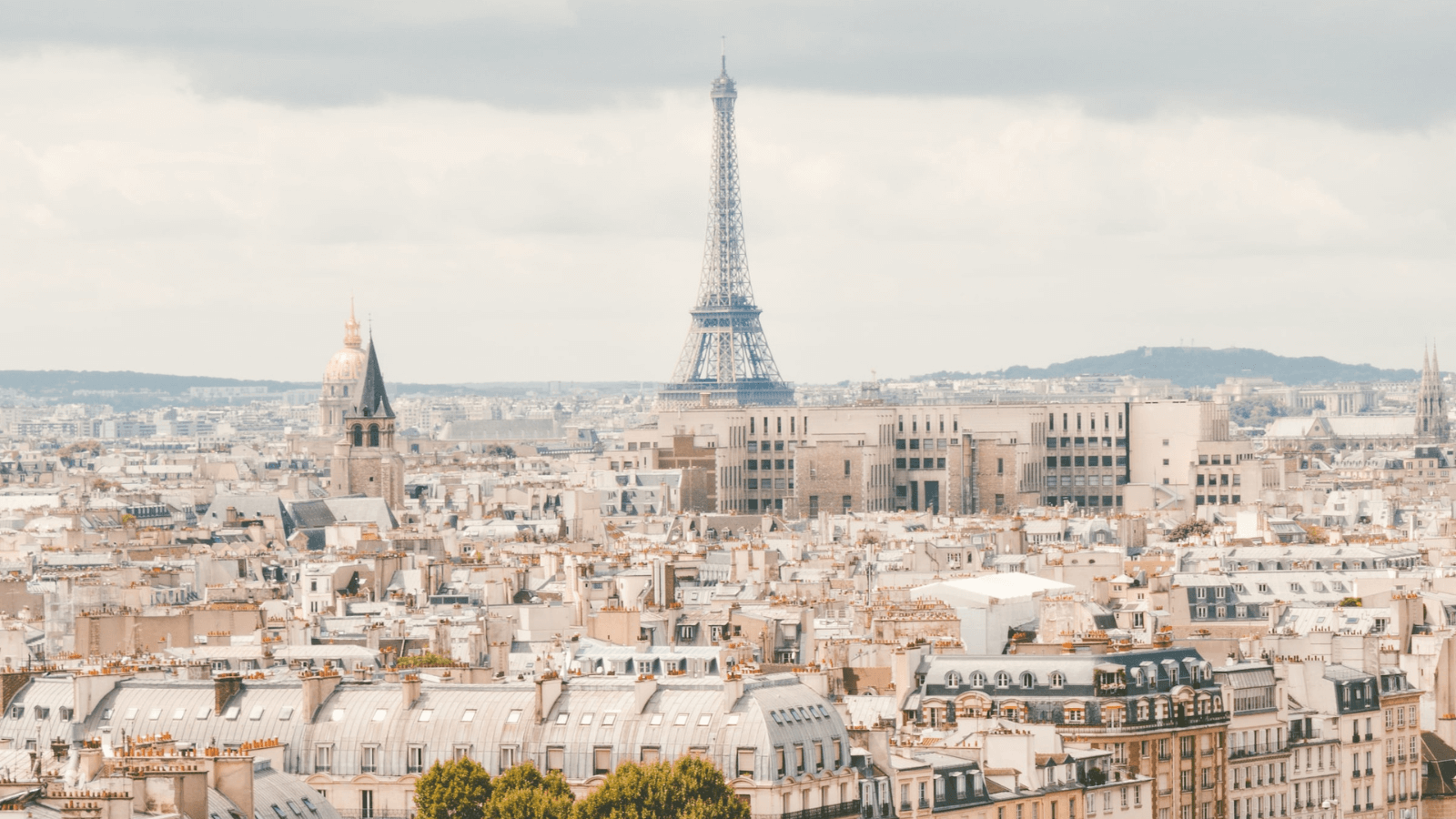
Paris
In Paris, the NBS EduSystem led by the Muséum national d´histoire naturelle (MNHS) develops school gardens and biodiversity monitoring through citizen science in an urban ecosystem. The aim of these NBS educational activities is to address challenges of health and well-being, climate resilience, biodiversity enhancement, green space management, knowledge building for sustainable urban transformation and social justice.
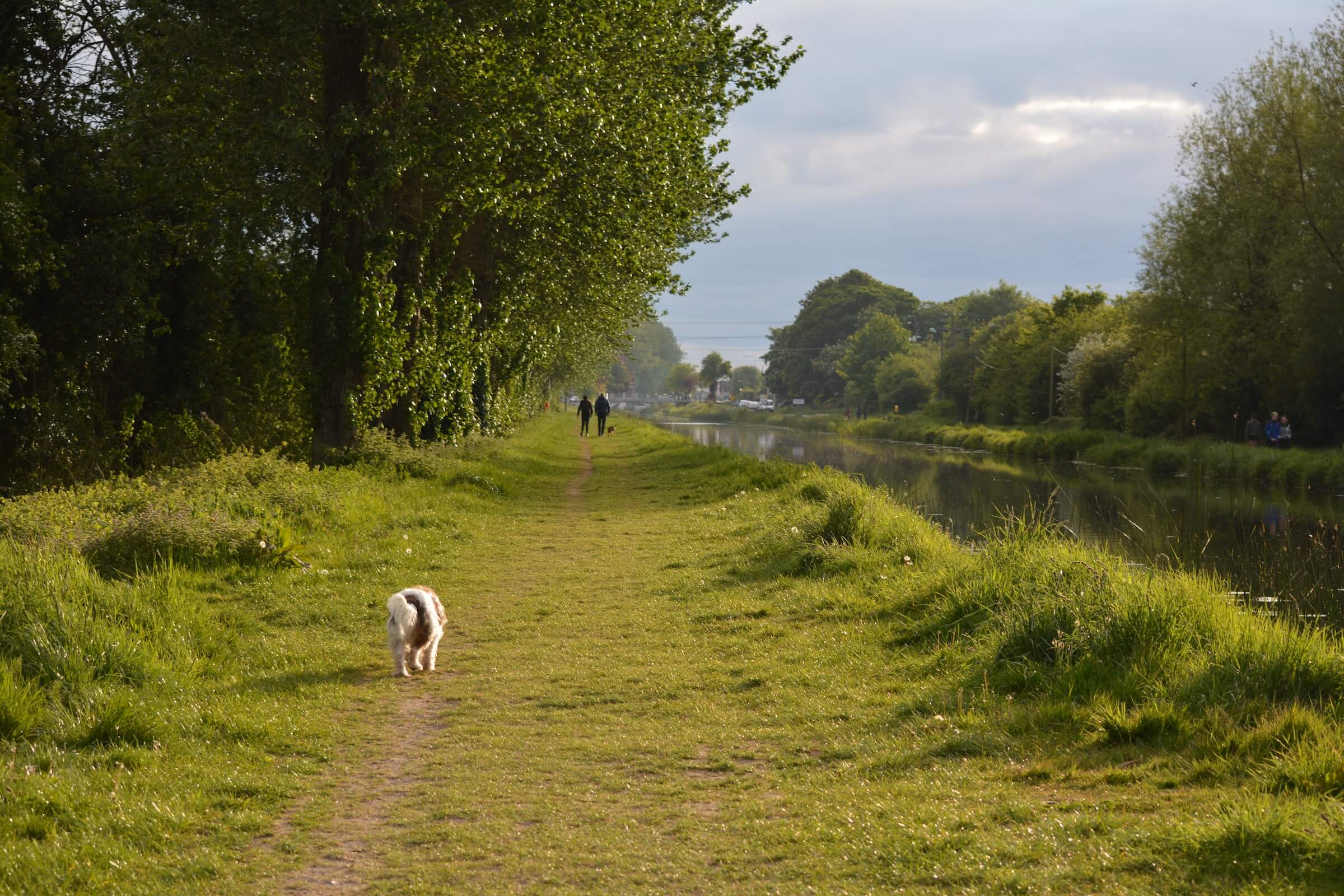
Offaly County
The Offaly County Council (OCC) supports the transition to a sustainable economy through an upskilling programme, mving away from the peat-cutting and burning industry. In this wetlands and cropland ecosystem, the challenges addressed are knowledge building for sustainable rural transformation, new economic opportunities and green jobs and social justice.
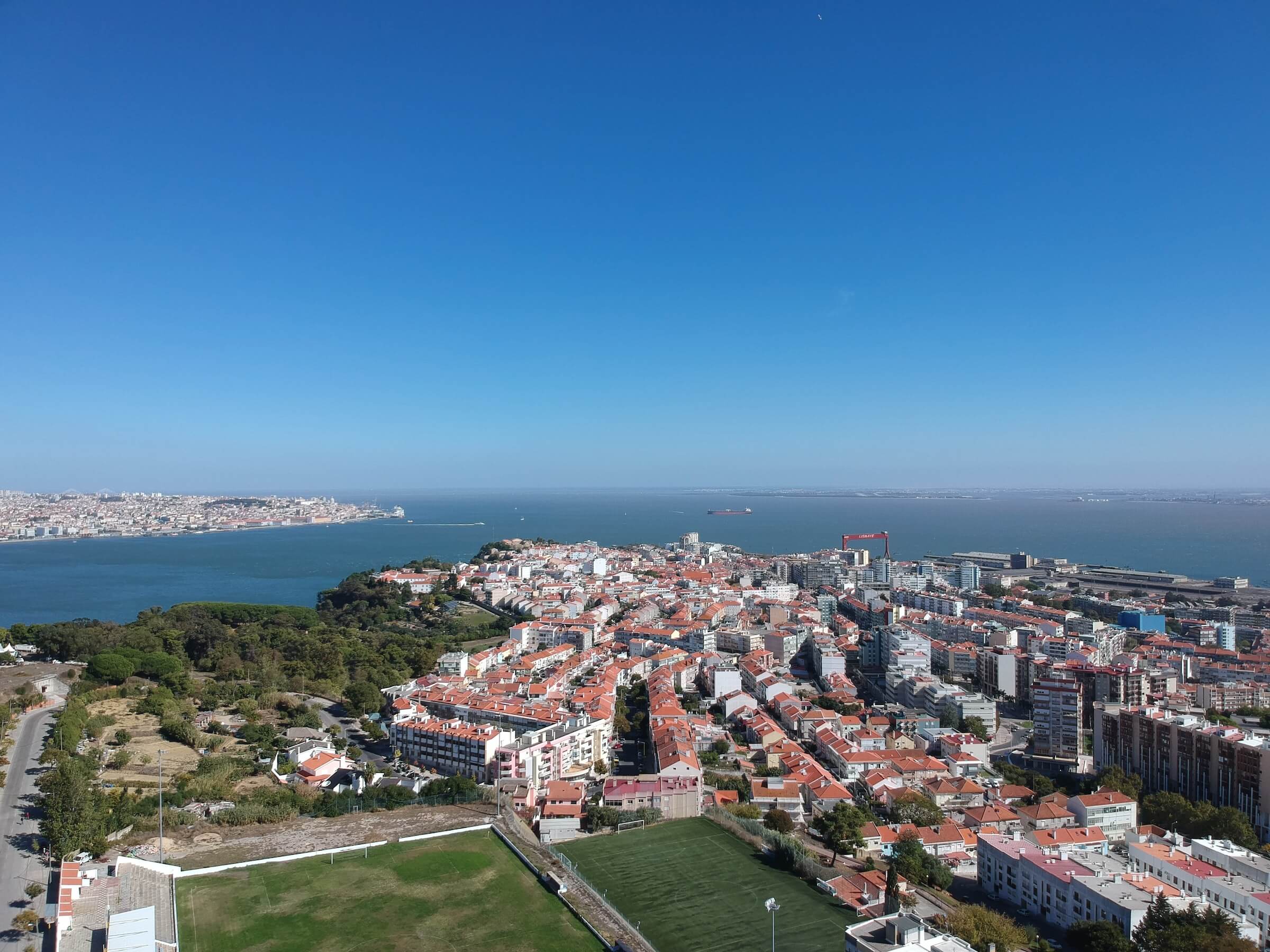
Almada
The city of Almada carries out informal educational activities around the restoration of coastal ecosystem and dunes. It is developing a connected network of green and blue infrastructure that prioritizes the preservation of natural resources and ecosystem services. The aim is to enhance the links and connections between urban, rural, and natural areas. The challenges addressed by these restoration and re-naturation activities are coastal resilience, climate resilience, biodiversity enhancement, participatory planning and governance and social justice.
Supporting NBS EduSystems
Belgrade
In the urban ecosystem of Belgrade, the Centre for Experiments in Urban Studies (CEUS) will address the challenge of urban regeneration through the creation of a green corridor. This will be the opportunity for informal education, primary level, and adult education activities.
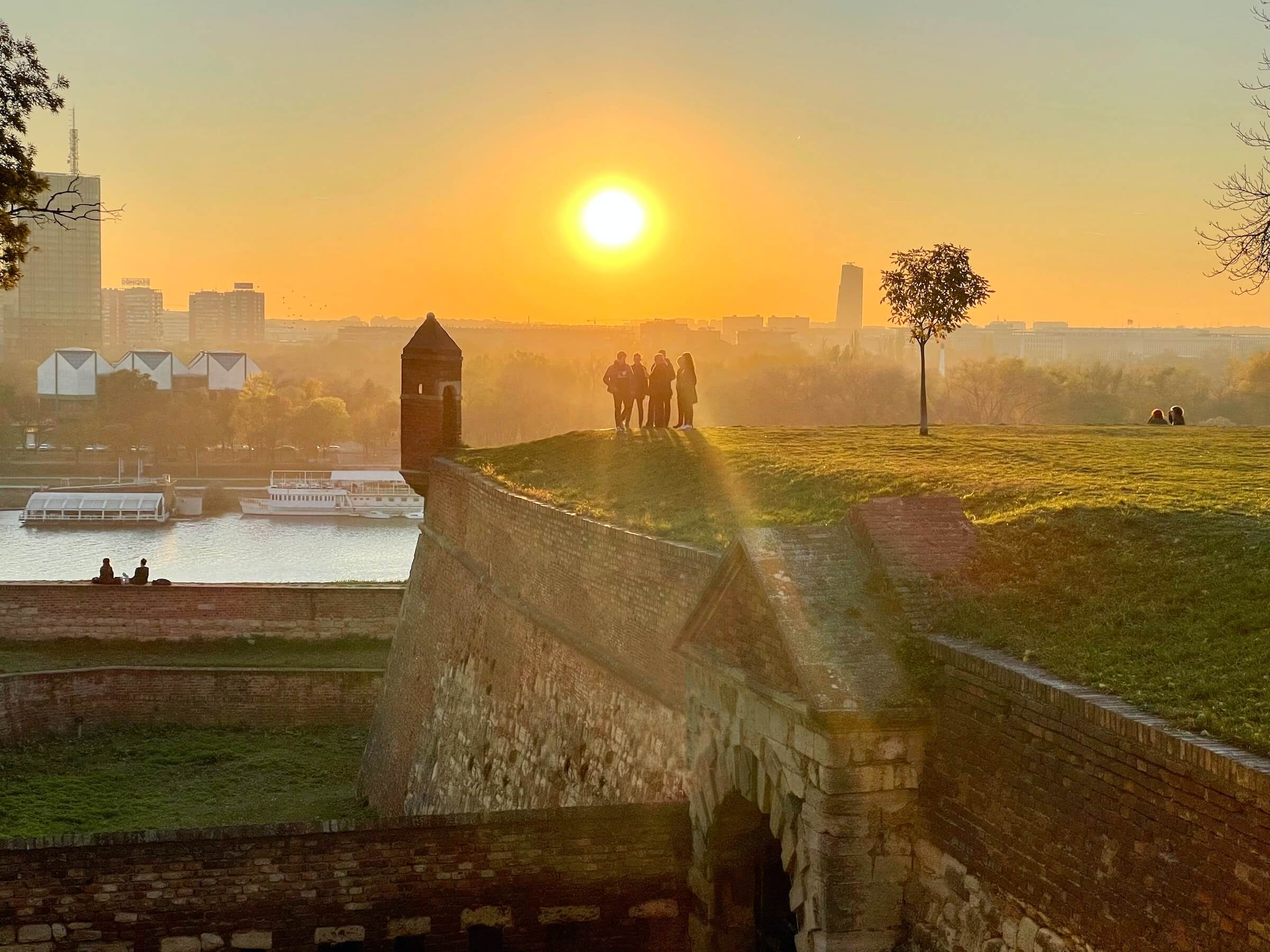
Moldova
In Moldova, the Association Verde e Moldova (VEM) will carry out awareness-raising of NBS for local stakeholders to better understand how to participate in the management of the Lower Prut Biosphere Reserve. This biosphere reserve encompasses a wetland area along the Prut River, covering a mosaic of water, meadow and forest ecosystems. The challenges addressed through awareness-raising are health & well-being, biodiversity enhancement, climate resilience, knowledge building for sustainable transformation, participatory planning & governance, air quality and social justice.
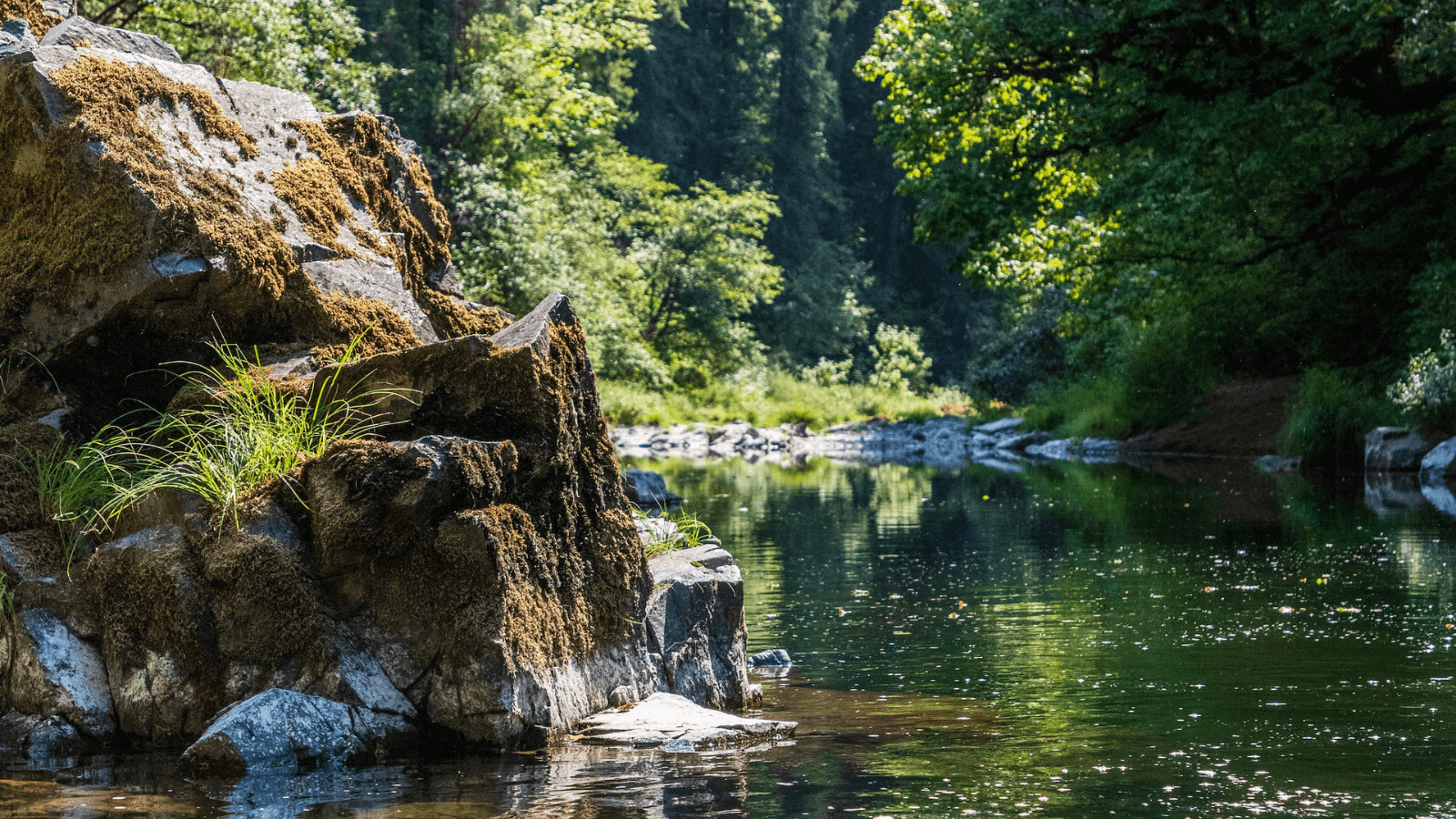
Genoa
The City of Genoa will address challenges of health and wellbeing, climate resilience, biodiversity enhancement, green space management, participatory planning & governance and urban regeneration. This will be done through activities of re-naturation and monitoring of nature-based solutions in the urban and coastal ecosystem of the city.
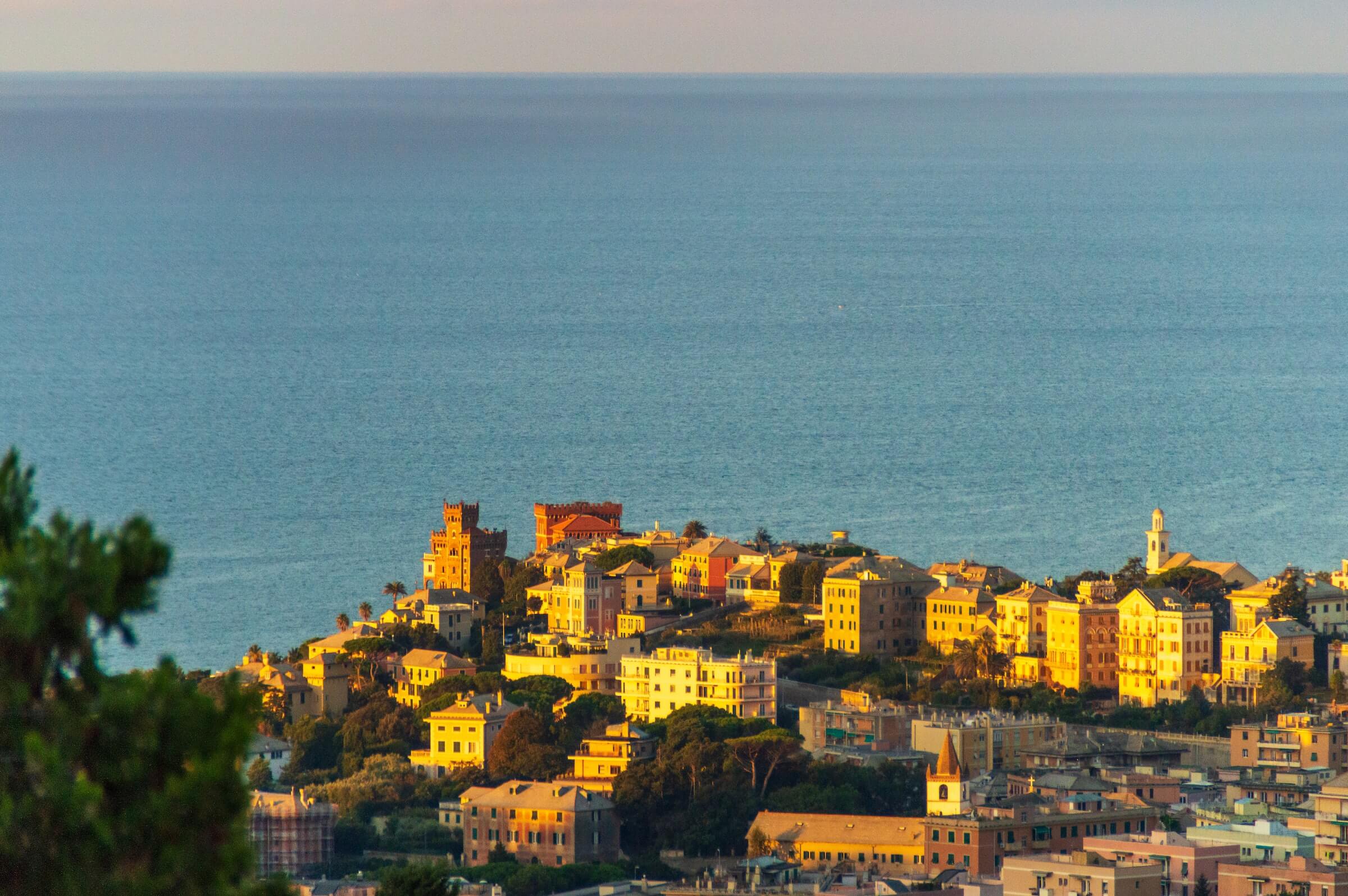
Peripheral NBS EduSystems

BURST, Hungary
BURST is a forward-looking research organisation that addresses urban challenges through innovative solutions. As a founding member of the Hungarian NetworkNature Hub, they are committed to improving local authorities' understanding of NBS. In their collaboration with NBS EduWORLD, BURST will engage stakeholders and landscape architecture students in hands-on projects to identify and implement effective NBS for stormwater management, fostering a deeper connection between academia and urban practice.

Ege University, Turkey
Founded in 1956 in Izmir, Ege University is a leader in agricultural education with a strong commitment to integrating sustainability into its curriculum. Through NBS EduWORLD, the university is developing comprehensive educational modules to equip future agricultural engineers with knowledge about NBS. Their focus on practical training ensures that students are well prepared to apply sustainable practices in agriculture, ultimately benefiting local farming communities.

Municipality of Lykovrysi-Pefki, Greece
The Municipality of Lykovrysi-Pefki focuses on promoting environmental sustainability through active community involvement. Their partnership with NBS EduWORLD allows them to create engaging educational programmes for local schools and residents. By promoting tree planting initiatives and intergenerational learning, they aim to cultivate a strong sense of environmental responsibility and stewardship within the community.

Technical University for Civil Engineering, Romania
The Technical University of Civil Engineering in Bucharest is committed to promoting sustainable urban development through education. Led by Diana Lemian, the university is using its participation in NBS EduWORLD to develop informative resources and interactive workshops. These initiatives aim to raise awareness of NBS among diverse community members and encourage widespread participation in the transition to a sustainable urban environment.

Zaragoza City Council, Spain
Zaragoza City Council is committed to improving its urban landscape through sustainability initiatives. Their involvement in NBS EduWORLD complements their existing Schoolyard Naturalisation Initiative, where they engage students in environmental education through practical, hands-on projects. These efforts not only increase the city's green spaces, but also promote an understanding of the role of NBS in improving urban life for future generations.

Municipality of Patras, Greece
The Municipality of Patras is actively pursuing sustainable development and environmental resilience. Their collaboration with NBS EduWORLD allows them to draw on their extensive experience with EU projects, particularly in the field of water management. By focusing on local partnerships and best practices, Patras aims to improve community education on NBS and ensure that residents are well equipped to adopt sustainable practices that contribute to the city's resilience and growth.

Funded by the European Union. Views and opinions expressed are however those of the author(s) only and do not necessarily reflect those of the European Union or the European Commission. Neither the European Union nor the granting authority can be held responsible for them.